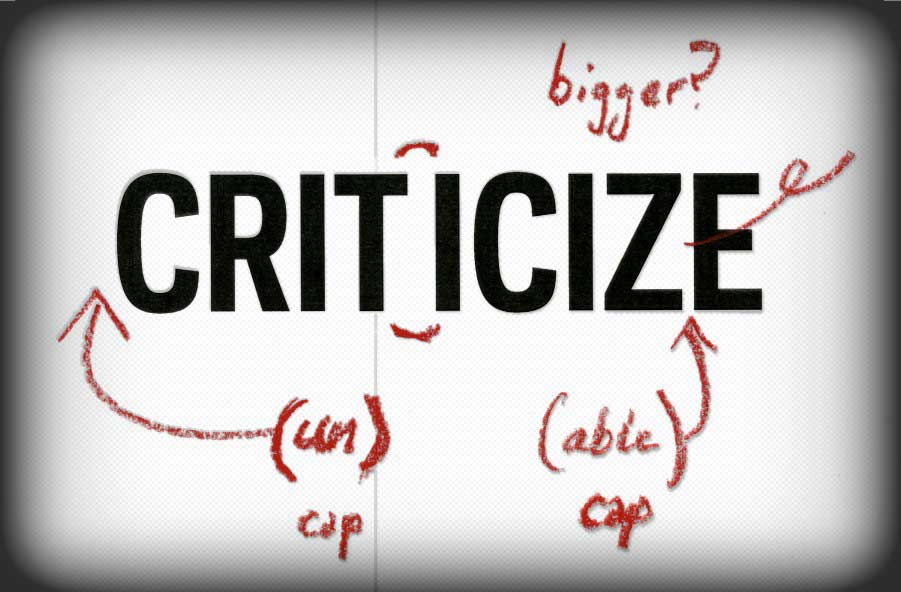In her biography on Voltaire, Evelyn Beatrice Hall wrote, "I disapprove of what you say, but I'll defend to the death your right to say it." For many years now her words have been the mantra for freedom of speech in Western society. And for many years, most of us have simply presumed that the right to say what’s on our mind (even if others think it to be wrong) was, indeed, right.
In recent years, however, this basic foundation of American (thus, Western) society has come under pressure. As the internet has connected us more than ever, it's also divided us more than ever. Instead of connecting all of us to each other, we have preferred connections to others most like us. Instead of one shared set of values, we now hold the values of whatever subculture to which we're most inclined. This means that today there is not one American spirit, for example. Now there are a myriad of cultural nation-states which hold our allegiances far above our country. So what do we do when those values come into conflict?
Formerly, we would argue vigorously. Our shared set of values meant that, ideally, we would listen, presume the best intentions of our opponents, and seek to find some kind of working consensus. But today such work is rare. Why? Because we have come to believe that to disagree with someone is equivalent to hating them.
That is a lie.
Here are the basic ideas I'd like to make clear:
- To disagree with someone is not to hate them.
- Love disagrees, often very passionately, with the beloved.
- Freedom of speech exists in direct proportion to love.
- Therefore, the action of disagreement should be an action of love.
First, we must rid ourselves of this idea that disagreement is hatred. That's just obviously silly and false. I disagree with my wife quite a lot and I love her more than anyone else on this planet. Is she to take my disagreement as a sign of hatred? Certainly not. Further, I pastor a church filled with people with whom I disagree about a ton of things: politics, ethics, the superiority of mac to pc ... the list goes on. Do I hate them? Good grief, no. I'm their pastor for goodness sake. If I hate someone (and I shouldn't, but if I did) I would probably disagree with them, but the reverse is not true. If I disagree with someone, I do not therefore hate them. Thus, (1).
In fact, the opposite is quite true. If I am passionate in my disagreement with you, it is more likely to be a sign of my love for you. Again, take my wife, for example. I love her. I've made a life-long covenant with her. So if I disagree with her about, say, how to parent one of our children, or where we should live, or how we should spend our money, I don't hate her. I love her, and am so committed to her welfare that I want her to get it right. And she wants me to get it right, so she pushes back. In fact, I want to get it right, right along with her. I want agreement on the good, and that may involve the passionate exchange of ideas (a euphemism for arguing). Therefore, premise (2).
Let's expand the analogy to society. We're supposed to live in a culture where the marketplace of ideas weeds out the good ideas from the bad ones through debate, honest disagreement, and passionate dialogue. But what makes such a marketplace possible? Love. Without a deep love for the image of God in you, I won't care to passionately debate you. I'll just want to silence you. But far from being a sign of hatred, vigorous, careful disagreement is a great sign of love and respect. Hatred silences, love discusses (even at painstaking length). Hatred freaks out when challenged. Love sees a challenge as an opportunity to refine one's position and win the other to it. Without love there is no real freedom — to speak, or to do anything else for that matter. Thus, (3).
These basic (and sadly no longer obvious) premises bring us to (4) — disagreement should be an action of love. As a Christian who holds to more or less really old beliefs about God, Jesus Christ, the Bible, money, sex, humanity, etc., there is a lot to disagree with these days. So when I write, speak, and argue for the veracity of these ideas I'm often called a hater. Have I been hateful before? Probably, but my point here is that I shouldn't be. We shouldn't be.
Think of it this way: If I find a truth that others don't believe, the most hateful thing I can do isn't to argue with them, but to leave them in their error. If they really are in error then their error will probably not bring about their ultimate good. But in withholding that fact I haven't loved them, affirmed them, or tolerated them. I've hated them. I've preferred myself, my comfort, my good name, and my ease of life to their good, their joy, and their prosperity. The opposite of love turns out to be selfish apathy toward others.
Furthermore, if disagreement is hate, then Jesus Christ is the most hateful being to have ever lived. Why? Because he came in complete disagreement with every human, of every culture, at the core of their belief structures. His hate speech included calling everyone wrong (Mark 12:27), telling them that they are following the father of lies (John 8), and correcting the wrong moral behavior of all of us (John 3, 4, Matt 5, et. al.) He was such a hater that the progressive, tolerant, and culturally savvy Romans decided to execute him. And what did he say as he bled? "Father forgive them, they don't know what they are doing." Even with his dying breaths, he begged our forgiveness on the basis of our error and ignorance.
That's because he loves us. This man who disagreed with the whole world did so not from hate but from love. In fact, so great was his love for humanity that he willingly embraced death both to show us the error of our ways and open the way for us to live in accordance with the truth.
Shall we be a people who really love one another enough to painstakingly, passionately, and carefully argue for truth? Or, shall our hatred for one another run over the banks of our better natures, silencing, shouting, and insisting that to disagree with you is the same as hating you? Apparently, I love you enough to ask you.





